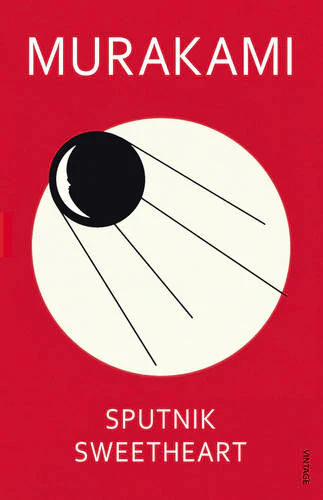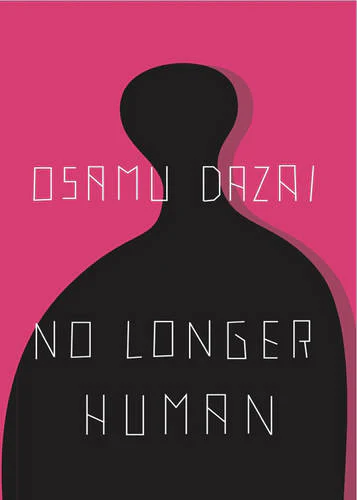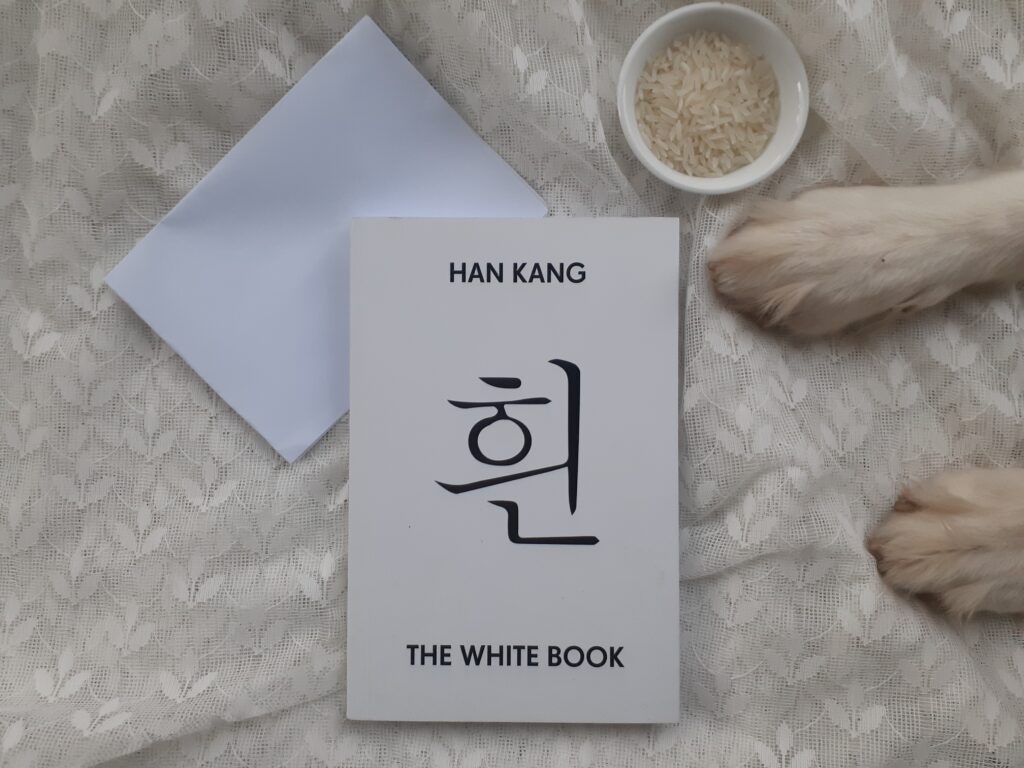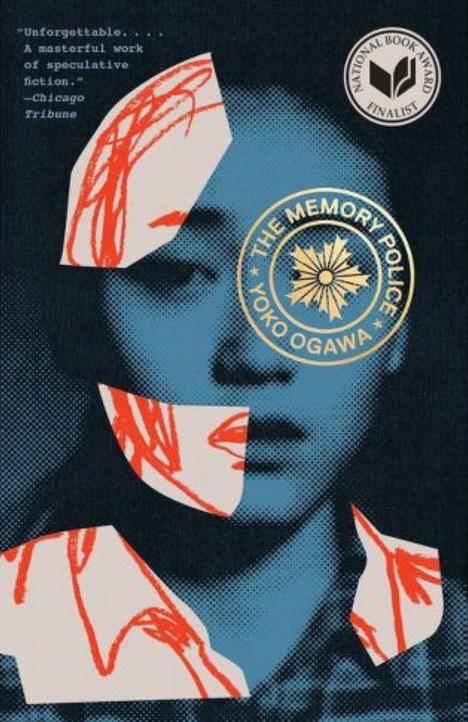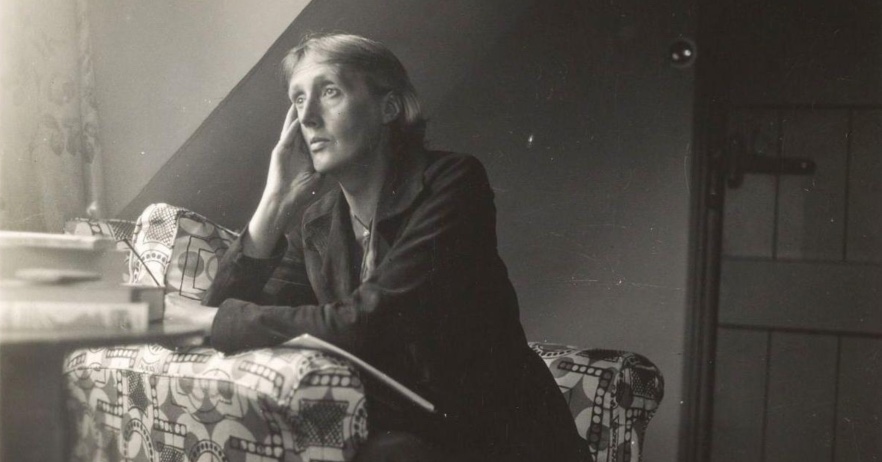After Dark
by
Christine Bunagan

After Dark is about a young woman called Mari Asai who encounters several people in one night in downtown Tokyo. Through her interactions with these other characters, Mari is able to form a closer connection with her sister and also learn more about herself.
After Dark is an ambiguous story that is largely unresolved, but confronts readers with evocative imagery of the extreme alienation and anomie of Tokyo city streets at night. This backdrop serves to parallel the physical distance between each of the characters throughout the story, as well as their own isolation from both themselves and other characters.
“Sometimes I feel as if I’m racing with my own shadow, Korogi says. But that’s one thing I’ll never be able to outrun. Nobody can shake off their own shadow.”
Aside from creating a vivid depiction of urban alienation in contemporary society, the book highlights the myriad limitations of both language and relationships, posing the question of whether or not one can form meaningful connections after prolonged periods of extreme alienation. Through the interactions of the characters coupled with their tentative approaches toward self-disclosure and rapprochement and their acts of violence that attempt to reinforce the distance between themselves and others, Murakami has created an image of a society that has itself lost a sense of meaning and is groping for a new identity.
Through using visceral yet beautiful observations, Murakami throws readers into an unknown abyss of turbulent feelings, darkness and melancholia. Although the book is rather short and can be finished in a single sitting, the beauty of the story lies not in its fairly straightforward and insignificant plot elements, but rather the excursion into the mentality and rhythms of night in an isolated city filled with longing.
The characters’ actions are muted and reflective, their lives pregnant with unfulfilled potential and yearning. Murakami beautifully depicts night and day as separate worlds and uses mirrors as windows between self and other. Whilst this book may seem plotless and therefore uninteresting, I personally marvelled at the intriguing atmosphere crafted by Murakami’s stunning prose.
“Waves of thought are stirring. In a twilight corner of her consciousness, one tiny fragment and another tiny fragment call out wordlessly to each other, their spreading ripples intermingling.”




